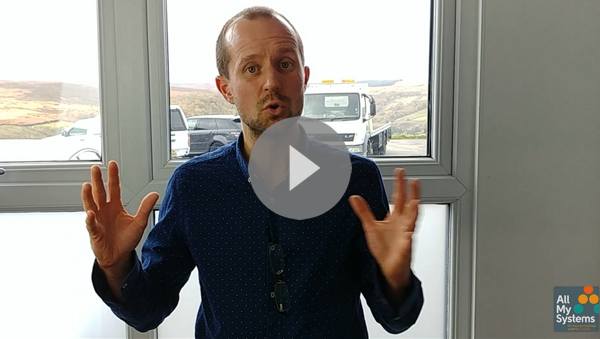Mark’s puzzled why some people get their sums wrong when thinking about costs
Welcome to Episode 2 of our business case series, where we address the common perception that CRM is expensive. Let’s delve into this topic because how you perceive CRM and the significance of systems in running your business is crucial. Our experience shows that the most successful businesses are the ones that have systemized their company, including their processes, data management, and interdepartmental workflows. Interestingly, we often think nothing of hiring a new employee when someone leaves, which can cost £25,000 to £50,000 per year. However, when we consider implementing a new system that serves as the operational backbone, streamlines sales processes, improves efficiency, and ensures consistent professionalism across the team, suddenly a price tag of £10,000 to £30,000 in year one seems expensive.
But let’s take a closer look. Comparing the cost of CRM to the annual expense of hiring employees, CRM is typically a one-off cost for phase one. You can even spread it over monthly payments or consider leasing options over five years. In reality, it’s not as expensive as it may initially seem. Furthermore, let’s consider the cost of not having a CRM system in place in your business. For example, if you’re facing issues with leads not being followed up effectively or orders not being placed promptly, imagine this scenario: If your average order value is £1,000 and you spend an average of £400 on acquiring a lead, you can afford to lose a few leads per month. However, if you’re losing leads due to improper follow-up, you’re essentially throwing away potential revenue. Let’s say you’re losing £500 per month due to lost leads, and if just one of those leads converts into an order, you’re missing out on £1,000 per month. If you have multiple salespeople, the numbers quickly add up. If you have five or even 15-20 salespeople, not following up properly can cost your business a significant amount—potentially £80,000 in lost orders and unproductive work.
So, it’s essential to shift your perspective. Instead of viewing CRM as a cost, consider the broader benefits it brings to your business. As part of the business case, it’s crucial to ensure a return on investment. However, remember to also assess the cost of not implementing CRM in your business in the first place.
By adopting CRM, you can streamline your operations, enhance productivity, and avoid significant losses. Keep these considerations in mind when evaluating the value of CRM for your business.






